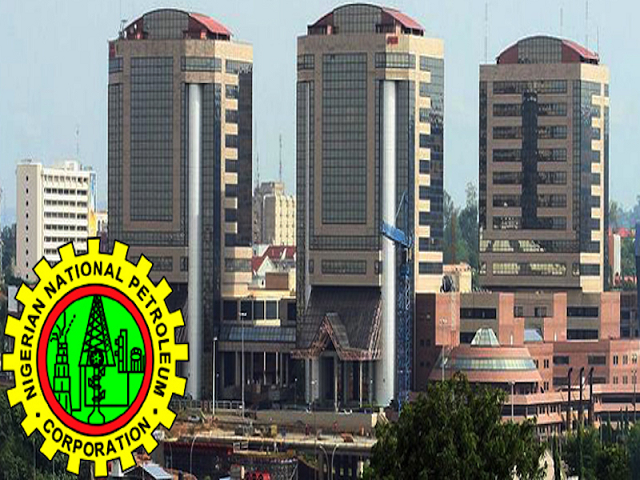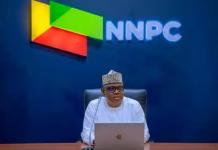The Nigerian National Petroleum Corporation (NNPC) wednesday disclosed that it could not agree with select investors on the commercial terms to be used in the revamp of its refineries in Port Harcourt, Warri, and Kaduna, signaling that negotiations between it and the investors may have collapsed.
After negotiating for over one and half years with potential financiers, the corporation indicated the negotiations may not continue because a common ground on the commercial terms of the transaction was not achieved.
Speaking at a special session during the just-concluded 2018 edition of the Nigeria International Petroleum Summit (NIPS) in Abuja, the Chief Operating Officer (COO), Refineries, NNPC, Mr. Anibor Kragha, said a lot of issues were affecting the refineries.
According to him, negotiations between the state-run corporation and potential investors broke down in December 2018.
Kragha stated: “There are various fundamental issues affecting the smooth operations of refineries. The primary one has been lack of funding. Another one is the infrastructure to deliver. But the thrust of the government is essentially to go out, get all financial consortia that will deliver funding and technical expertise.
“So, what did the NNPC do? We spent time, got consortia, traders and technical folks and spent over a year and half negotiating. But at the end unfortunately by December, we could not agree on the commercial terms. We were willing to do finance because we wanted to bring in private investments into it without selling the refineries and giving unnecessary guarantees.”
According to him, what the corporation now decided to do was to focus on fixing one refinery at a time, instead of trying to get all the four fixed at once using funds from financiers.
“Like I earlier said at the end of the day, the commercial terms we could not agree on them. So, what we are doing now is that we are focusing on one refinery at a time starting with Port Harcourt, which is the largest one.
“It (Port Harcourt refinery) alone can deliver about 11 and half million litres of petrol and we are also going to look for OM (Original Manufacturers) to actually support us to deliver on the mandate. That’s what we have been doing in the last couple of weeks,” Kragha disclosed.
Further responding to questions about the country’s refining gap, Kragha, noted that the gap had continued to expand following steady growth in the number of households across the country who use petroleum products, as well as increase in their discretionary incomes.
“It is actually believed that our petroleum products’ requirements will grow by at least three to five per cent a year. So, the refining gap is actually growing. By 2025 we are expected to need about 45 million litres of petrol per day, all things being equal,” he explained.
The NNPC refineries, he added, would be able to deliver an estimated 22.4 million litres of petrol when operational, adding that Dangote refinery would deliver about 53 million litres and that Nigeria would soon have more than enough petrol for local consumption in the nearest future, as well as additional volumes to export.
Kragha also noted that NNPC’s plan was to get the Port Harcourt refinery optimally functional before the end of 2020, before getting on to revamp others.
He said: “So, in terms of what we are doing, NNPC is focused now and again, we started with three groups, expanded the groups to 28 financiers and we got two consortia at the beginning of last year, negotiated and tried to get the best terms possible.
“But at the end of the day you cannot take terms that are too rigid and don’t make sense for you at that time. We are focused on Port Harcourt right now and one of the reasons I am rushing is to go and finalise terms with the original refinery builder to get to site as soon as possible, definitely this quarter and then we are going to move forward from there.”











